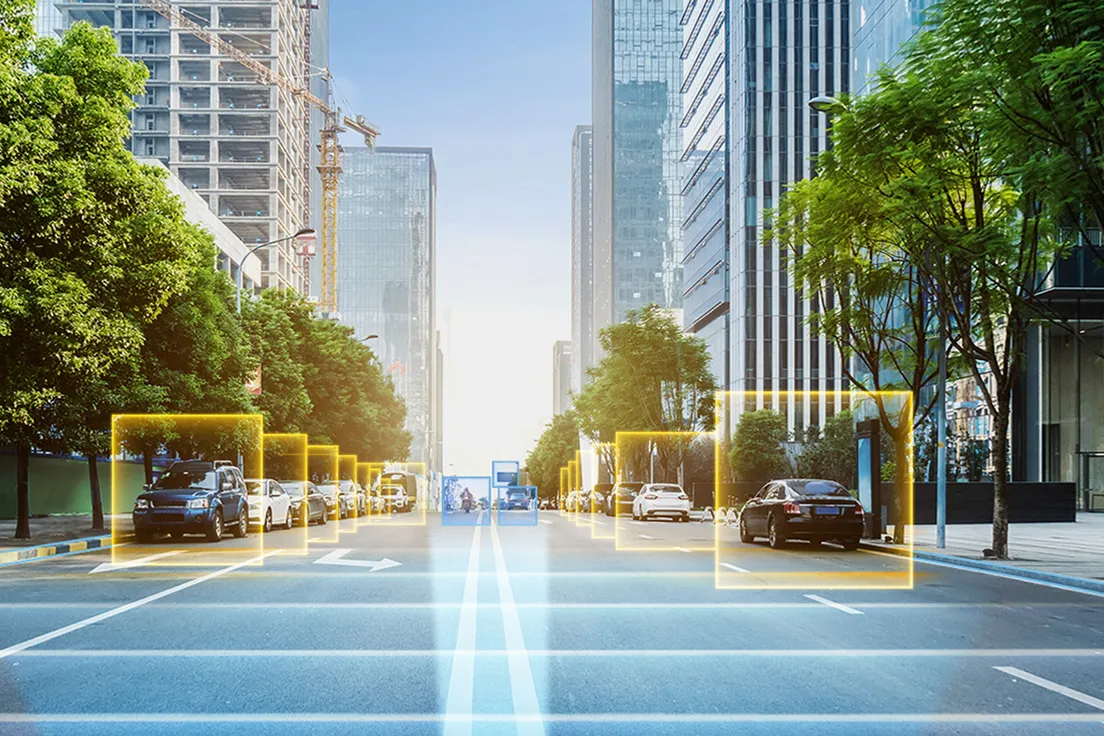To help advance the reliability required for self-driving cars (SDCs),
ADK features the high-resolution Flir Boson, which is equipped with an Intel Movidius Myriad 2 Vision Processing Unit, and a low-powered multi-core vision processor that fits within a compact footprint package. The kit is also compatible with the Nvidia Drive autonomous vehicle computing platform.
James Cannon, President and CEO of Flir, said: "Flir thermal imaging sensors have played a critical role in enhancing driver safety for more than a decade, and using them for advanced driver assistance systems in self-driving cars is a natural evolution. With our latest high-resolution automotive development kit, automakers can develop and integrate thermal imaging technology in self-driving cars easier, faster, and with low cost of ownership."
Flir launches thermal sensors to accelerate self-driving cars
To help advance the reliability required for self-driving cars (SDCs), Flir Systems has launched a high-resolution Thermal Vision Automotive Development Kit (ADK), enabling developers to add an affordable, long-range thermal camera to their advanced driver assistance systems. The solution is said to help drivers and future SDCs see in challenging environments such as darkness, sun glare, fog, smoke and haze. ADK features the high-resolution Flir Boson, which is equipped with an Intel Movidius Myriad 2
January 9, 2018
Read time: 2 mins







